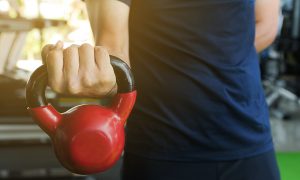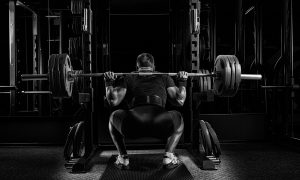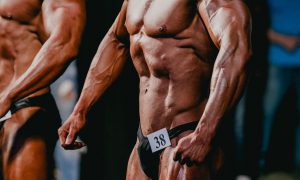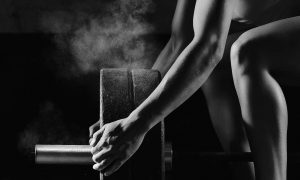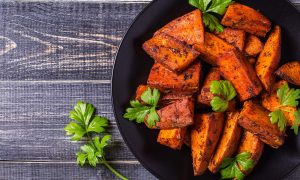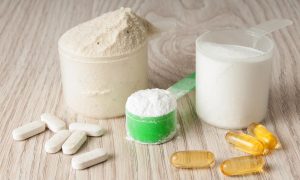Effective Tips For Vegetarian Bodybuilders
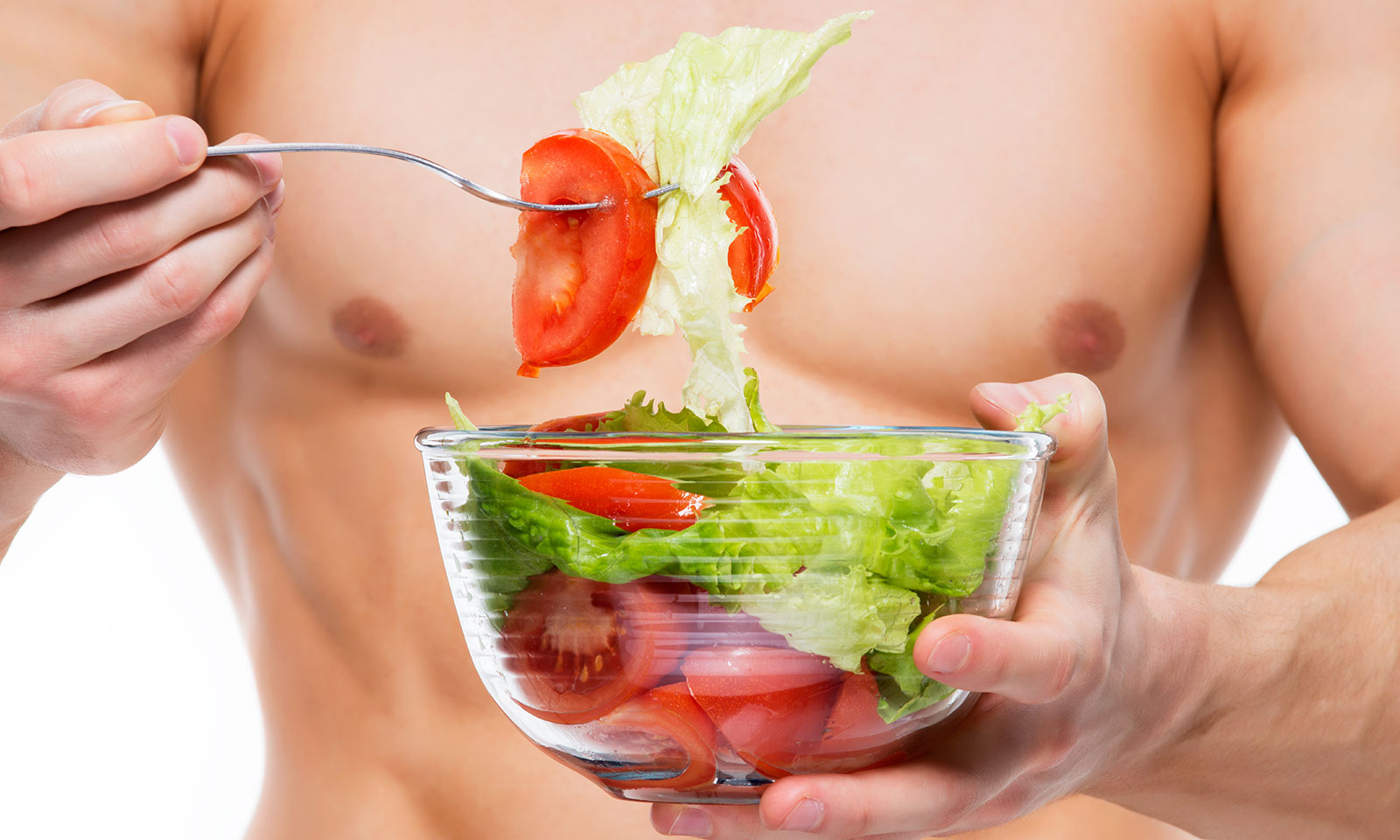
|
|
When we think of bodybuilders, generally we picture huge hulking men, pounding iron in the gym, chugging down protein shake after protein shake, before heading home and eating their entire bodyweight in steak and chicken, before repeating the exact same process the very next day. In terms of bodybuilding, or even in terms of simply preserving muscle mass for that matter, it’s important that we consume enough protein on a daily basis, as protein provides the building blocks for muscle tissue. Protein as mentioned, plays an essential role in muscle maintenance and growth, yet getting enough of it on a daily basis can be tricky, even if you’re the biggest fan of meat and fish in the entire world. When we imagine high protein foods, examples that immediately spring to mind include: Chicken, turkey, steak, fish, salmon, and various other meats and seafood. Whilst meat, fish, and seafood are all fantastic sources of protein, they are by no means the only sources of protein out there. There’s a common misconception that’s been doing the rounds for many years now, that vegetarians are unable to build muscle, and even exercise efficiently, due to a lack of animal proteins in their diets. In reality however, there are many, many vegetarian-friendly sources of protein out there, so don’t think for one second that just because you’re vegetarian, you can’t become a bodybuilder. To prove this fact, here’s a look at a few simple yet effective vegetarian bodybuilding tips.
Don’t rely on protein shakes

If you’re a vegetarian, there’s a chance that you will still consume dairy, as opposed to vegans, which is good news if this does apply to you as whey protein, the most popular protein supplement in the world, is derived from dairy. Despite this however, this does not mean that you should rely on protein shakes as your primary source of protein. Remember, these supplements are designed to be supplemented with whole foods, and no matter what, they will never be as beneficial as a whole food source, particularly if you wish to use them as a primary source of nutrition. Limit your protein shake consumption to no more than three shakes per day, making sure to get plenty of fresh, wholesome, and natural food in along the way.
Make sure you get enough calories
One of the very first things you’ll have to do if you’re serious about building muscle on a vegetarian diet, is to ensure that you’re consuming enough calories on a daily basis. If you’re trying to drop a little fat, you will still need to make sure you’re in a deficit, just make sure that it’s only a small deficit of around 15 – 300 calories, as anything lower will place your body into a catabolic state in which it enters starvation mode and eats away at muscle tissue as an emergency source of energy. If your daily calories are low, another risk is that any protein you do consume, will quickly be snatched up by the body and used for energy, rather than being used to feed to muscles and assist with growth and repair.
Make sure you get enough nutrients

Another common misconception about vegetarians is that they’re all super-healthy because people think that they eat huge quantities of fresh fruits and vegetables each day, with each meal. In reality however, some vegetarians are lucky to get just two portions of their five a day in regards to fruits and vegetables. As a bodybuilder, your nutrient intake is paramount not only to how well your physique looks and responds to training, but also to just how fit and healthy you are as a human being. These foods are packed full of vitamins, minerals, antioxidants, and other natural goodness that the body absolutely thrives upon. These nutrients will feed your body, nourish you, and strengthen and boost your immune system, which will protect you against illness and disease, and just basically make you a more functional and healthy individual.
Focus on intensity in the gym
Again, when it comes to protein, you need to ensure your body does not rely on it as a primary source of energy, particularly when training. For this reason, you should focus on keeping your workouts relatively short, but as intense as possible. Rather than several minutes of rest in between sets, aim for around 60 seconds instead, and focus on really pushing yourself during workouts. If you’re performing long and drawn out workouts, the need for additional energy will increase, which is when your body will look elsewhere. You need to make use of every ounce of protein you have, and by keeping workouts short but intense, you will easily be able to really push yourself, without eating away at protein or muscle tissue.
Don’t forget your post-workout shake

Post-workout nutrition is essential for everybody, no matter which foods they happen to consume, and for that reason you need to make sure you don’t neglect it. A protein shake consumed immediately following your workout will instantly kick-start the recovery process and re-fuel your cells, allowing you to stock up on glycogen which would have been used up during your workout. Try adding additional amino acids to really ensure your body has all it needs to repair itself following your workout. Make sure you drink the shake with water which will speed up the absorption rate.
Quinoa instead of rice
Rather than relying primary on rice as a primary carb source, you should instead make a conscious effort to get more Quinoa in your diet instead. Quinoa, pronounced “keen-wah” tastes very similar to brown rice, and has a similar look and consistency as well. However, it’s considered more beneficial as it is also a great source of vegetarian-friendly protein, as well as containing vitamins, minerals, and even a selection of healthy fats as well.
Switch up your meals
There are many different vegetarian protein sources: Legumes, beans, eggs, quinoa, soy, edame, flaxseeds, nuts, seeds, and tofu to name but a few. For this reason, make sure you constantly switch up your meals instead of relying on the same food sources day in and day out. By consuming a selection of different foods, you’re able to give your body additional nutrients, and help prevent nutrient deficiencies in the process.

